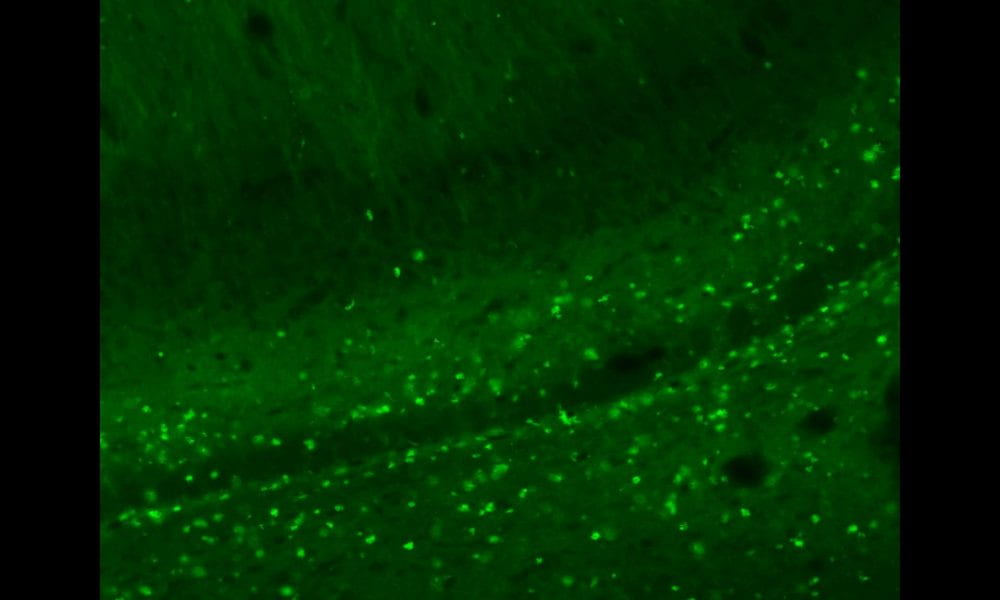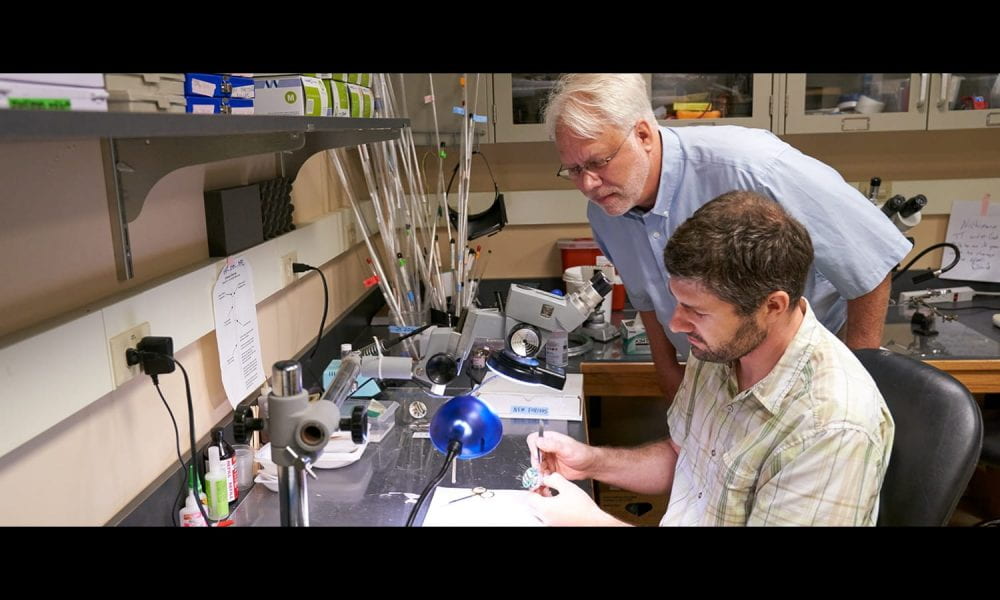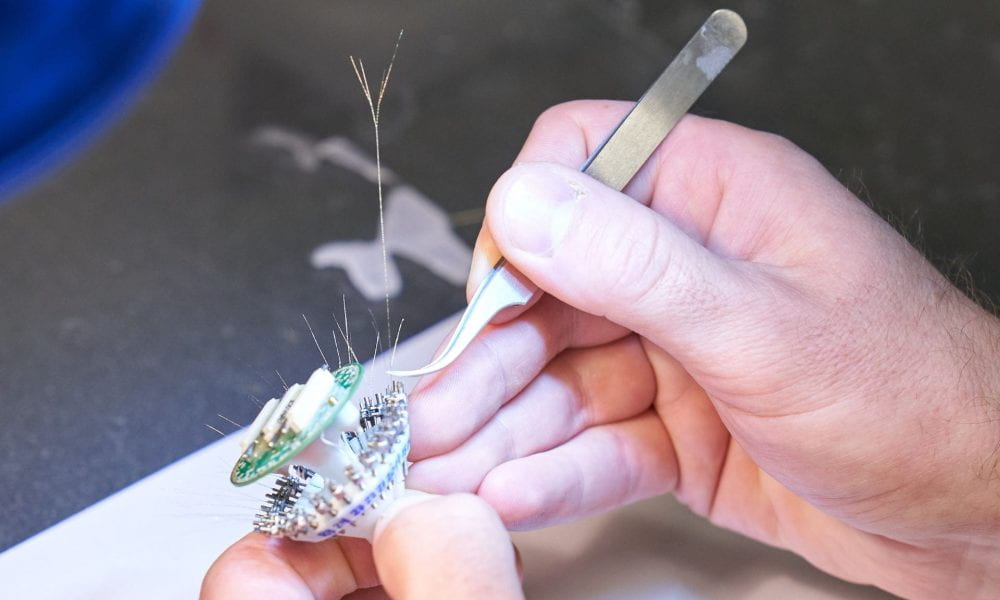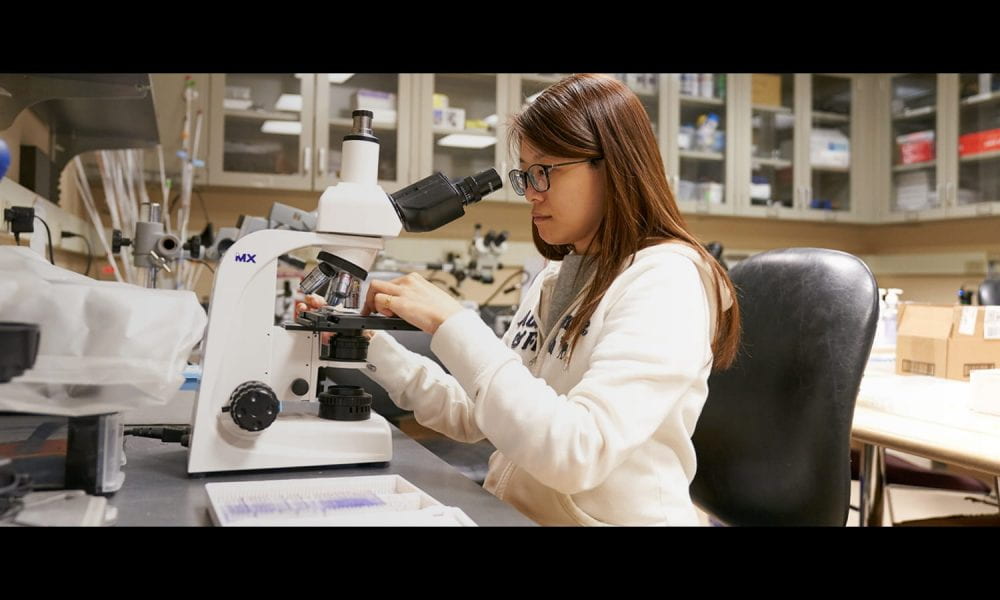Our research falls into the broad category of the neural basis of learning and memory. It has become increasingly clear that complex cognitive functions arise from the interactions of multiple interconnected brain regions that comprise functional circuits. Therefore, we have adopted a systems level approach which involves simultaneously monitoring the neuronal activity in several interconnected brain regions during learning in rodents.
This approach is especially powerful when combined with manipulation of activity in discrete brain regions (e.g. using neurochemical inactivating agents, optogenetics, and DREADDs). With these powerful new techniques, we can temporarily ‘knock out’ individual components of the circuit and compare the functioning of the healthy and temporarily ‘damaged’ circuits to determine their role in behavior and cognition.
Behavior is the cornerstone of this approach, so neuronal activity is monitored throughout learning using well-controlled training procedures. Changes in neuronal response patterns can then be specifically associated with learning and learning impairments can be attributed to damage within the circuit and the resulting disruption of neuronal response patterns.








